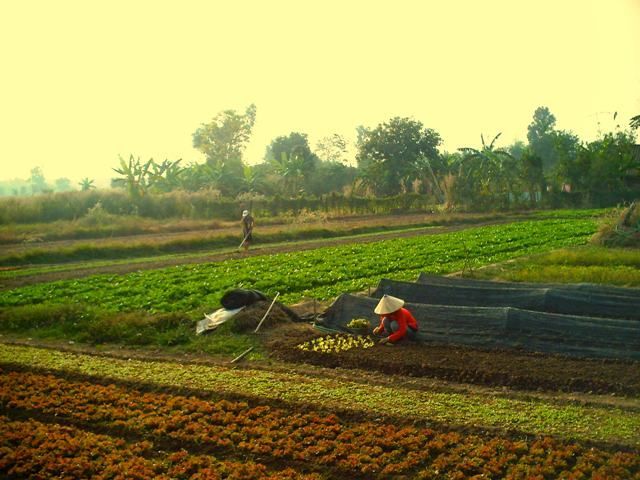Largely overlooked by the international community since suffering heavy bombing during the Vietnam War, Laos recorded the fastest growing economy in Southeast Asia in 2012. A decade of surging growth has attracted investor attention, with agribusinesses from nearby countries like China and Vietnam flooding in to cash in on an abundance of arable land and cheap labour.
All this investment should herald a new era of prosperity for Laos’ people, who count over 100 ethnic minorities amongst a population of just 6.5 million. But endemic corruption, weak rule of law and widespread official disregard for local land rights have encouraged unscrupulous companies and spawned a rash of state-sponsored land grabs. Government data reports that at least 1.1 million hectares of land has been allocated to concessions, equivalent to 5 percent of the national territory. Roughly 13 percent of villages in the country have a concession within their boundaries, with many families kicked off their traditional lands without consultation or compensation.

However, with no free press in this highly secretive one-party state, good information about land deals is very hard to obtain, and estimates suggest this government has actually handed over as much as 3.5 million hectares of land to agribusinesses. In a country where 80 per cent of the population rely on small-scale farming, this rapid sell-off means more and more people are losing their livelihoods and being pushed deeper into poverty.
The environmental cost of this crisis is also huge. Right across the country, forest cover is giving way to industrial-scale plantations growing export crops like rubber and coffee. Meanwhile, those brave enough to speak out often pay a high price in Laos’ courts and prison cells. In December 2012, Laos' most prominent civil society leader, Sombath Somphone, vanished leaving a string of troubling questions and suspicions of a high-level cover up. He is not alone - journalists, activists and community leaders are regularly harassed or arrested for speaking out, while some have disappeared completely.
In May 2013, our report and video Rubber Barons revealed for the first time how rubber is a key driver of land grabs. Vast amounts of land have been acquired for rubber plantations in Laos and Cambodia by two of Vietnam's largest companies, Hoang Anh Gia Lai (HAGL) and the Vietnam Rubber Group (VRG). These rubber barons are financed by international investors including Deutsche Bank and the International Finance Corporation (IFC) - the private lending arm of the World Bank.
This drive for investment in land is a key element of the Lao government’s national development plan. But the lack of social or environmental safeguards means very few benefits reach the people of Laos, and instead serve to prop up a corrupt and repressive regime.
Global Witness’ work in Laos exposes the illegality and corruption at the heart of this crisis. We push for land to be allocated in a transparent and sustainable manner and for the persecution of those who speak out to end. Otherwise, Laos’ land and forests will soon be gone, taking traditional livelihoods and the promise of a more prosperous future with them.